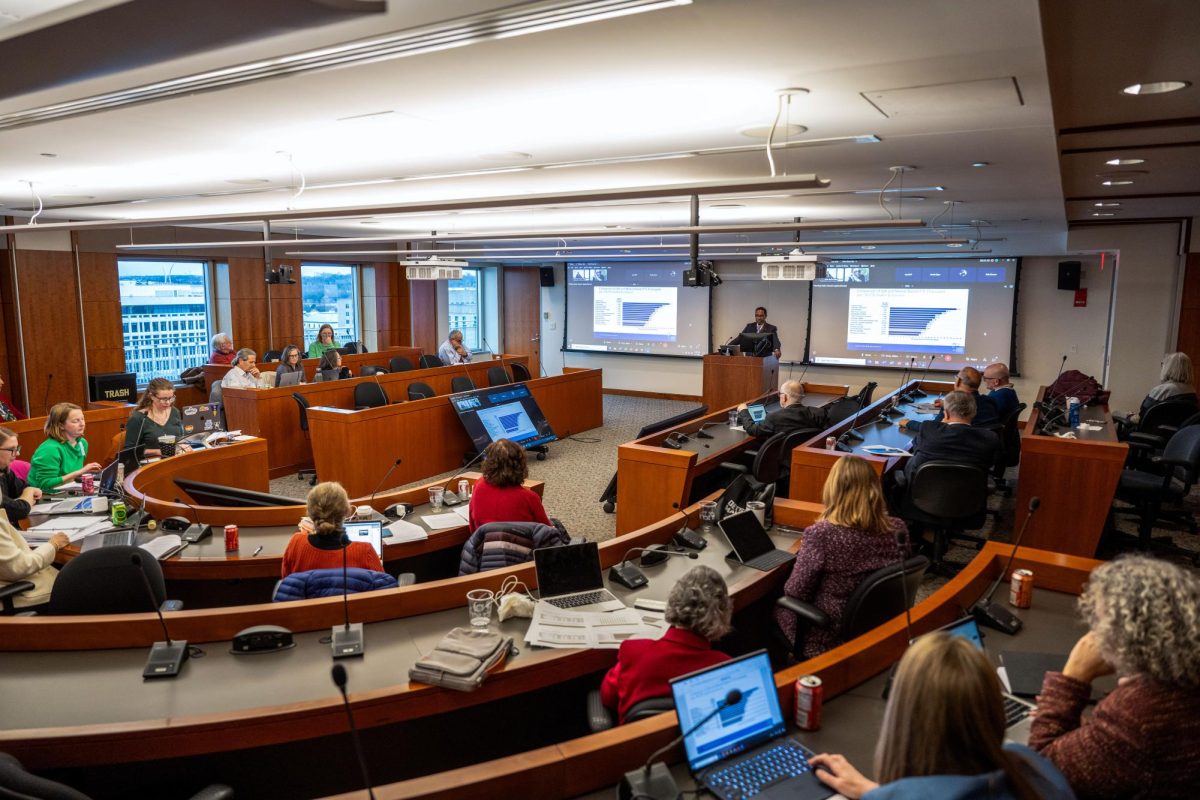After eight months of protesting, more than a dozen former workers have filed a class-action lawsuit against a GW-contracted cleaning company alleging unfair treatment and withheld wages.
The 13 employees, who cleaned three GW residence halls last year for BRAVO! Building Services, claim they are owed a combined $150,000 in unpaid wages and damages for working up to 16 hours a day.
The workers claim they were promised $12.50 per hour for cleaning Thurston and Potomac halls and Ivory Tower after move out, but were instead “grossly and unlawfully” paid below minimum wage, according to the lawsuit, which was filed last month.
For example, one of the plaintiffs Luis Diaz said he worked 120 regular hours and 127 in overtime, but was paid just $1,328.13, which is about a third of his wages he should have earned. Another plaintiff Jose Monge said he worked a total of 127 hours and 157 in overtime, but was paid $2,012, less than half of what he should have earned.
BRAVO!, which worked at GW for three years, didn’t formally track workers’ hours and instead asked them to write their timesheets on paper towels or napkins, which is illegal under D.C. law, according to the documents.
They will face a hearing at the D.C. Superior Court on June 13.
University spokeswoman Maralee Csellar said BRAVO! last worked on campus in August. There are no current or pending contracts for them to work at GW again, she added.
“The university is not aware of the details of the current situation between BRAVO and its employees, but is hopeful that the parties are able to resolve their outstanding issues,” Csellar said.
The Progressive Student Union has helped the workers in their fight since last year, petitioning and meeting with officials to push them to ban future work with BRAVO!
Junior Cavan Kharrazian, an organizer in the group, said he was “extremely disappointed” by the University’s decision to ignore the actions of its contractor.
“Wage theft is theft,” Kharrazian said. “When it comes to white-collar crime against the members of our community who ensure that our university runs at its most basic level, the university seems defenseless.”






